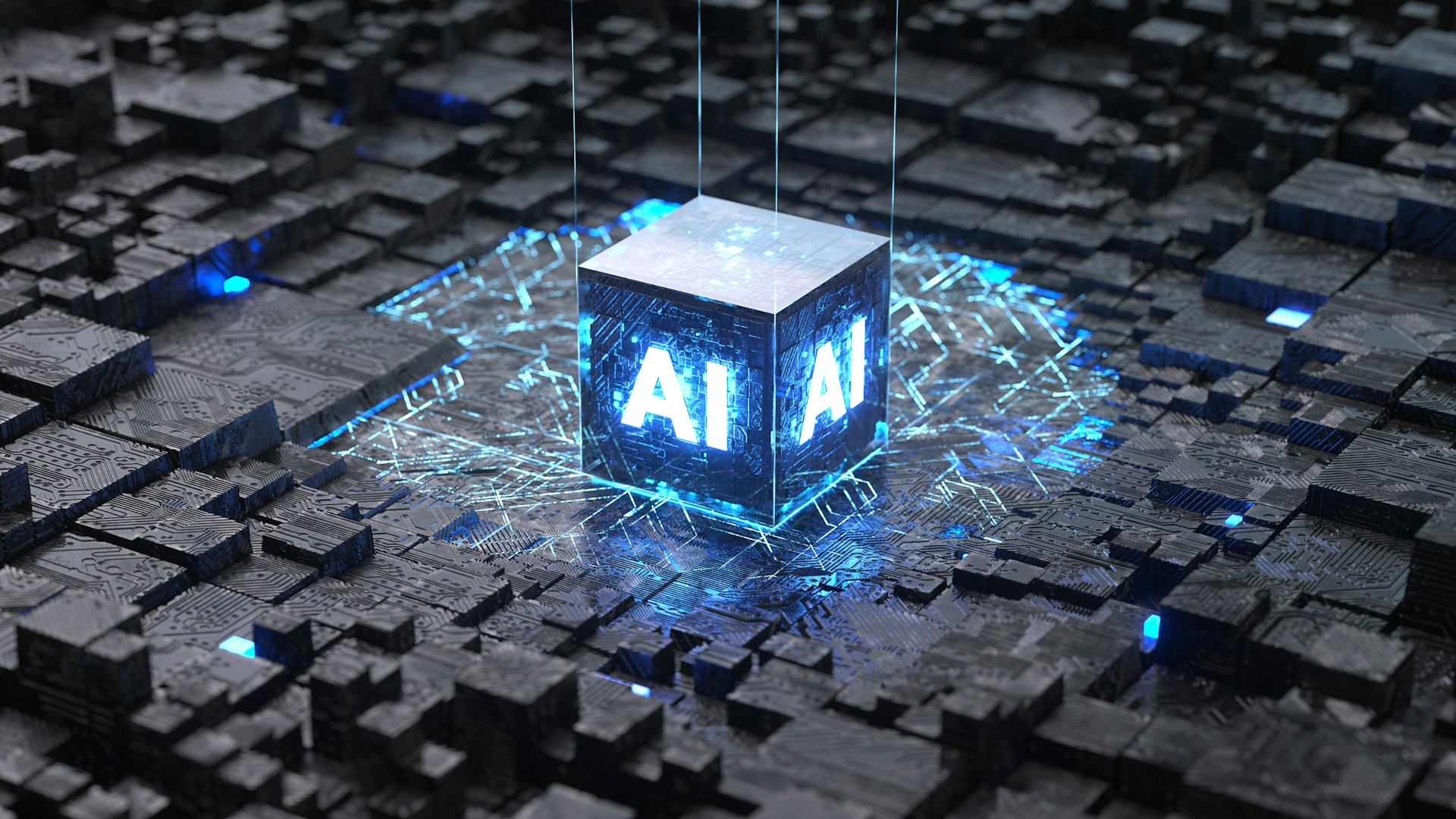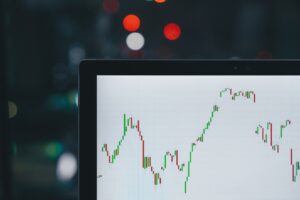
The Future of Business – Trends Shaping the Businessman’s Journey
New technologies and societal shifts are constantly changing the business landscape. Understanding these trends can help you start a successful business or strategically navigate your current one through the change.
Socially conscious businesses are becoming more and more popular (Mashable).
Automation
Businesses are looking for ways to accelerate their processes and create more value. One of the fastest and most cost-effective ways to do this is through automation.
Donald Guerrero Ortíz is a Dominican businessman, economist, and professor believes that this trend has led to sky-high productivity for teams and businesses that utilize it. With routine tasks taken care of by automation tools, workers can focus on their work’s more critical and creative aspects.
This trend has also helped to streamline responsibilities for managers. Instead of micromanaging employees, business leaders can now focus on fostering collaboration and giving their team members greater spans of control. It allows them to become proper coaches and enablers of their employees.
Artificial Intelligence
Many companies have implemented AI into their business models in various ways. This trend enables them to achieve operational efficiencies, save money, and generate revenue growth.
The capabilities of AI technologies are continually improving, and they have the potential to revolutionize business processes. It empowers businesses to make better decisions and create new products and services.
However, it is essential to note that AI can’t replace human intelligence. That is especially true in a risk-intensive environment like finance, where humans must look for patterns and risks. The most agile and adaptable business leaders will thrive in an AI-enabled environment.
Big Data
The information flow of business environments is growing faster than ever, requiring companies to change their management strategies. That is especially true for businesses whose growth depends on their ability to utilize big data effectively.
Big data refers to a broader approach to analyzing data that’s often more complex than traditional analytics. It also involves new techniques for storing, stowing, and interpreting information to optimize the use of it.
The big data revolution allows executives to focus on the “what” instead of the “why.” For example, if a company learns that Internet shoppers are interested in a particular product, they can react quickly by meeting with suppliers or restocking the shelves.
Mobility
Business leaders are already taking steps to reenergize their people and organizations. They are also looking beyond the pandemic to reexamine and reimagine their organizations.
For example, a shift to services is underway in the mobility domain, moving away from an emphasis on individual vehicles and infrastructure (a goods-dominant perspective) toward integrated systems that deliver value-in-use to customers.
They can generate revenue faster and at a lower cost than traditional firms. In this way, they can create virtuous circles of growth.
Social Media
Businesses can leverage social media to establish meaningful connections with customers and enhance their marketing strategies with innovative approaches. It’s not just a platform for sharing content; it can influence a consumer’s decision-making process from start to finish.
Moreover, it’s become so pervasive that it’s beginning to shape culture. YouTube influencers are cultural icons, and movies and artistic exhibits are designed to be gifable or Instagram-friendly.
Many emerging technologies suggest that social media in the future will be more sensory-rich. For example, haptic feedback technologies allow users to interact with social media using their hands and skin. Voice-based social media posts are also being explored.
The Internet of Things
The Internet of Things (IoT) transforms the physical world into an information system. Embedded sensors in everything from roadways to pacemakers connect with wired and wireless networks and transmit data for analysis.
IoT technology has already changed our daily lives: smart watches track workouts, voice-activated speakers add items to shopping lists, and cars with transponders pass through toll booths. IoT devices monitor equipment performance in industrial settings to reduce maintenance costs and increase uptime.
In retail, sensor-equipped shelf racks and pinch-grasping robots enable e-commerce marketplaces to synchronize inventory across channels for seamless omnichannel experiences. IoT analytics and artificial intelligence tools then analyze device data to uncover hidden trends and support business decisions.


